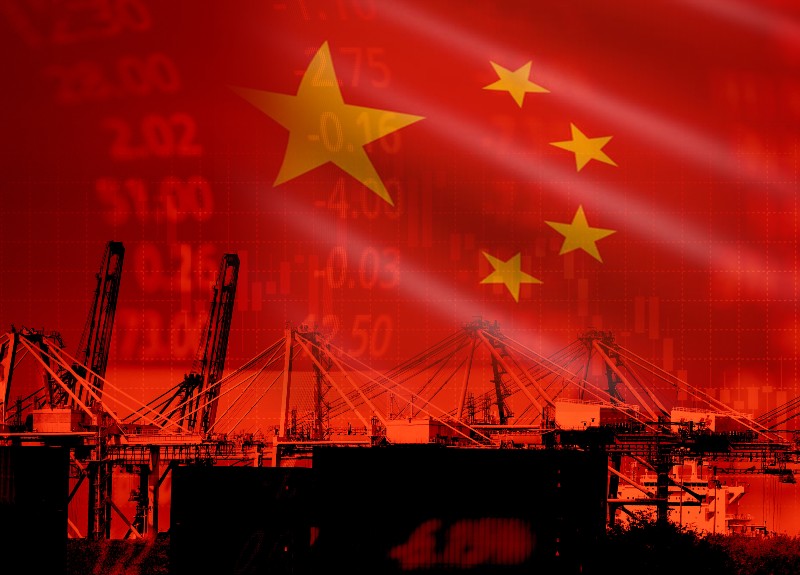

Will institutional investors be able to breathe a sigh of relief now that North America has come away from the negotiating table with a new trade deal?
As the new United States-Mexico-Canada Agreement replaces the long negotiated North America Free Trade Agreement, political cohesion in North America has been restored, according to Dec Mullarkey, managing director in the investment strategy group at Sun Life Investment Management.
While the new agreement represents major progress in trade tensions across the globe, the U.S. will likely now turn its attention to China, which will prove a very different challenge than the one it faced with trading partners like Canada, Japan and the European Union, says Mullarkey. “While negotiation success so far has focused on relatively routine issues like content rules and market access, the spat with China is more complicated.”
Read: How will U.S. trade dispute with China impact institutional investors?
Jeremy Kronick, associate director of research at the C.D. Howe Institute, points out there’s an aspect of the USMCA itself that appears to antagonize China — a scenario that long-term investors will want to watch closely. “There was a piece in the agreement about the three parties each having to notify the others if they wanted to engage in trade agreements with non-market economies,” he says.
“To me that’s a veiled attempt to single out China, saying if you want to go down the route of dealing with a non-market economy like China you need to consult with the other parties in this agreement. Now what that means and what the impacts will be, I’m not sure.”
While there has been some debate as to whether China should be defined as a non-market economy, the U.S. government still considers it to be one.
Read: What China’s inclusion on a major emerging market index means for pension plans
Indeed, the agreement’s text specifically obliges any of the USMCA partners looking to form a bilateral free-trade agreement with a non-market economy to provide the full text to other members before signing. As well, if a member were to enter such a trade agreement, another member would be allowed use it as grounds to withdraw from the USMCA. “That seems like a shot at China,” emphasizes Kronick. “I would suspect that now that this is in place, there is going to be a greater focus on the Chinese economy.”
However, overall markets are likely to be less jittery over North America at least, says Kronick. “There is a certain certainty, if you will, from having this agreement in place. Regardless of where specific groups come out — auto, dairy, retail, . . . we can now believe that this agreement will be in place for a while,” he says.
“That should allow businesses, hopefully, to resume investments to the extent that they potentially delayed them or moved them elsewhere or made some change that reflected the uncertainty in the market.”
Read: What does removal of China’s presidential term limits mean for Canadian investors?
